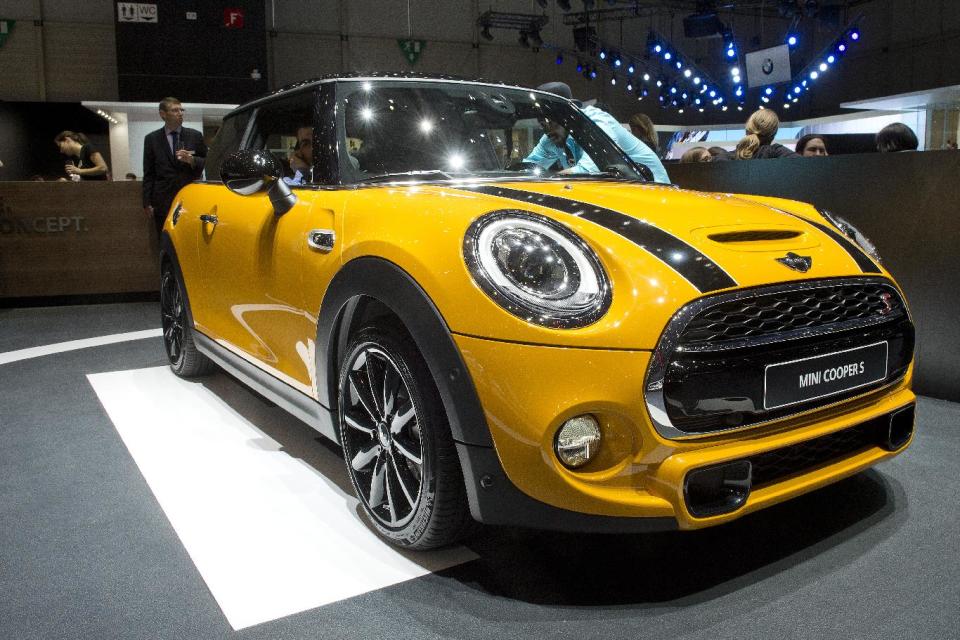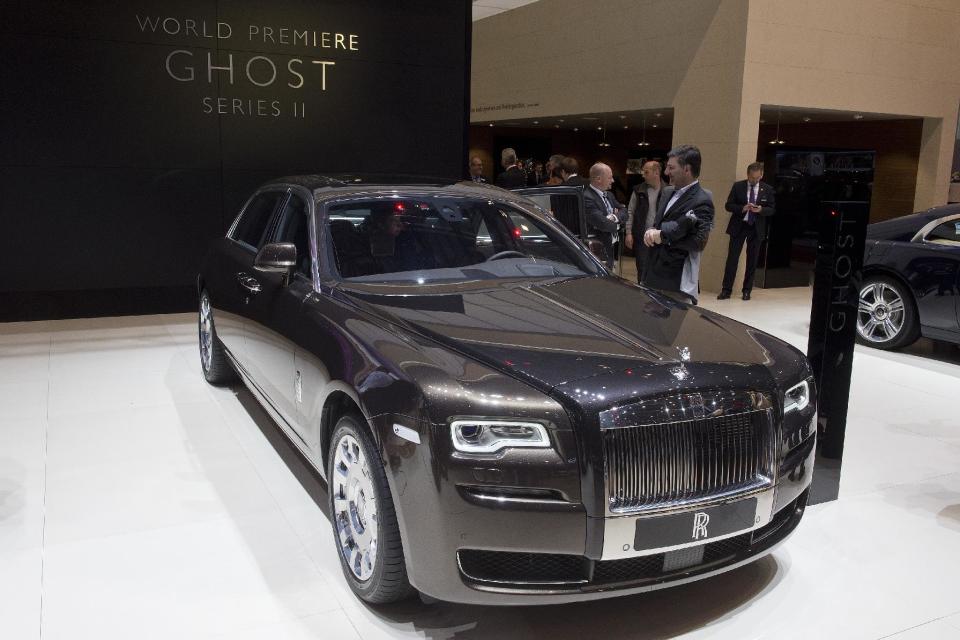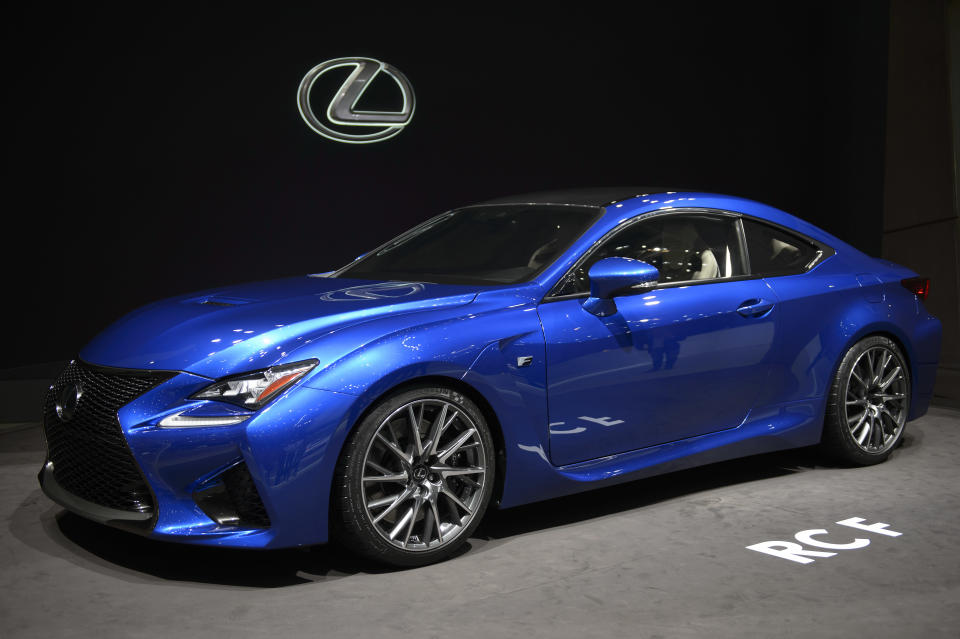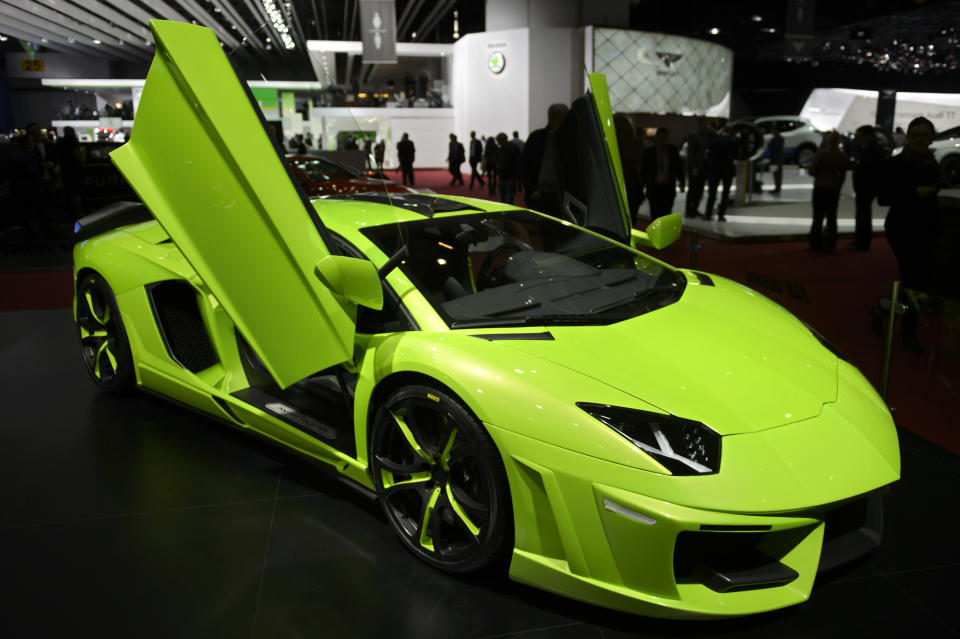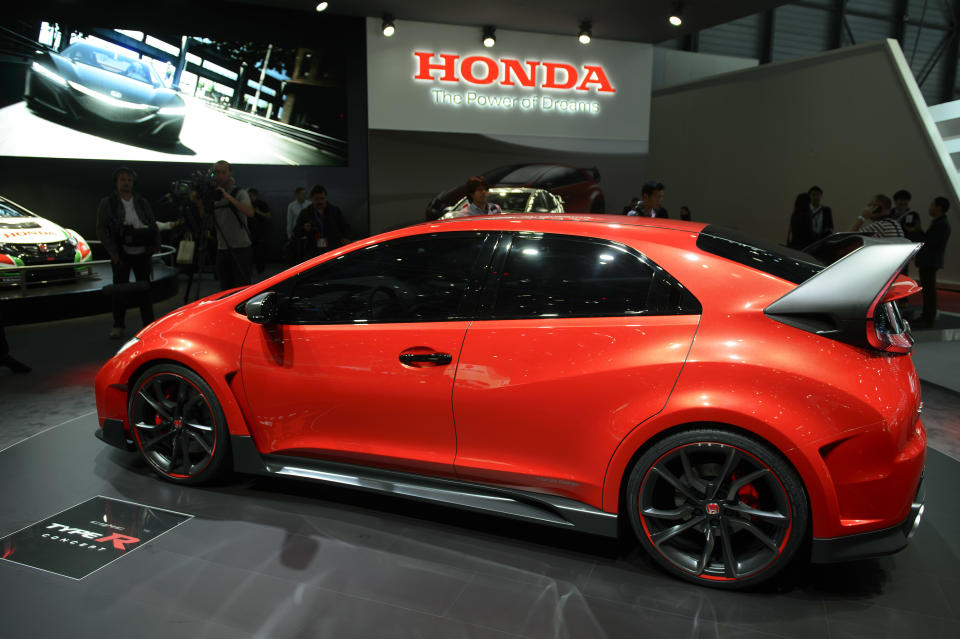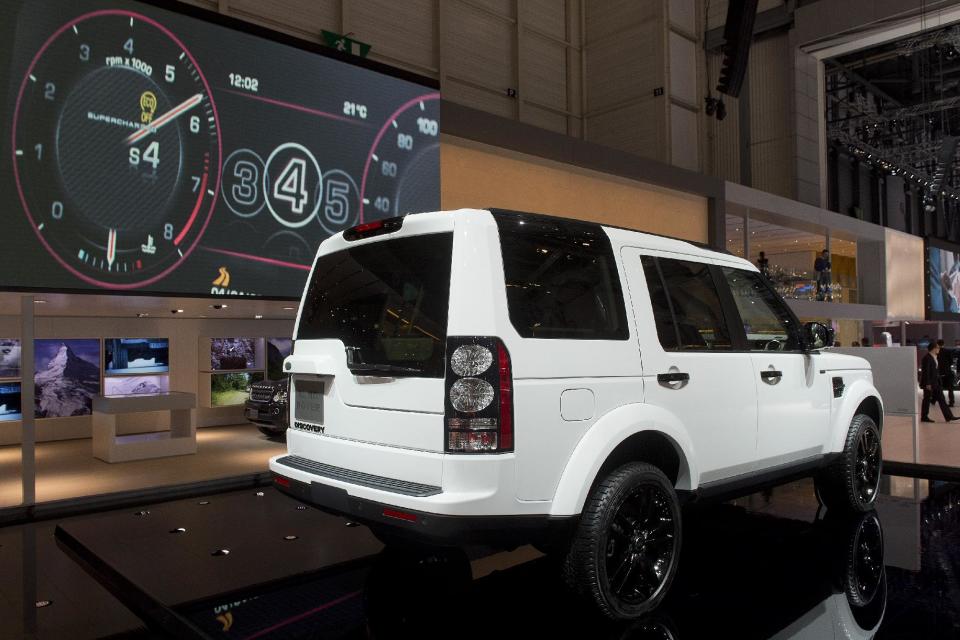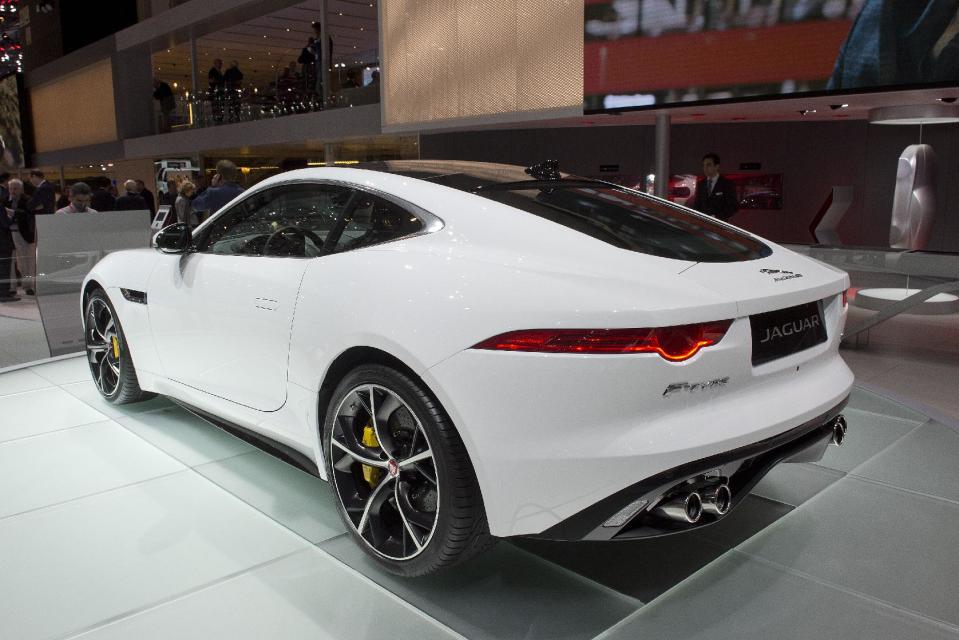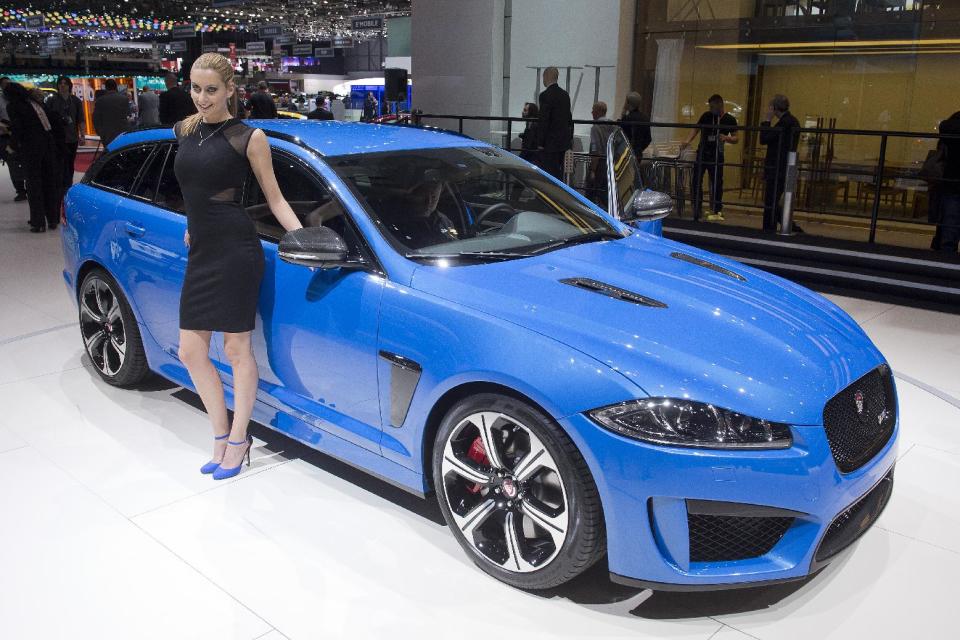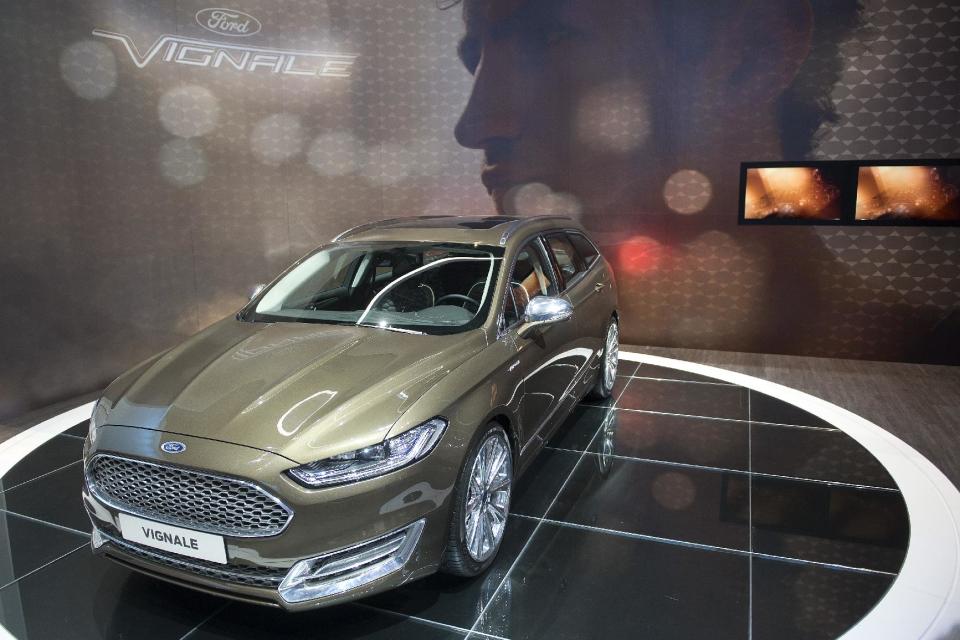Geneva: Automakers cast wary eye toward Russia
GENEVA (AP) — Growing tensions over Ukraine have raised the specter of another slowdown in the European auto market, just as carmakers were beginning to count on a modest recovery from a six-year contraction.
Russia's intervention in Ukraine has raised the possibility of sanctions against the country, which has been a key growth market for recession-battered European automakers. On the first day of the Geneva Auto Show on Tuesday, executives cast a wary eye toward the crisis.
"There is not a single doubt in my mind that if the situation in Russia and the Ukraine remains as tight as it is, or if it worsens from where we are, that it will dampen demand in western Europe," said Fiat Chrysler Automobiles CEO Sergio Marchionne.
Barring a full-blown crisis over Ukraine, Marchionne says he expects to see a modest recovery, but mainly led by "extraneous factors" like fleet sales and not consumer demand.
Before the Ukrainian crisis began, analysts predicted European car sales would grow by 2 percent to 4 percent — which is still 3 million vehicles off the 2007 peak.
"There is always going to be a surprise out there. Ukraine is an example. You have to be flexibile," the CEO of Ford Europe, Stephen Odell, told journalists on the Geneva Auto Show's opening press day.
With three plants and annual sales volumes around 120,000 units, Russia is important to Ford Europe's goal of returning to profitability by 2015. Odell says the company is not giving forecasts for 2014 volumes in Russia " and frankly, given the volatility we have to wait and see." The key going ahead, Odell said, is to have a plan but not be so rigorous in the face of changing realities.
The Renault Nissan alliance has the biggest market share in Russia thanks to its partnership with the Russian brand Lada, and operates four factories in the country. Last year sales were 821,404 for a 29.6 percent market share.
"I think we have to be very prudent," Renault Nissan senior vice president Christian Mardrus told the Associated Press. He said the speed of the changes made the situation impossible to predict.
Allan Rushforth, Hyundai Motor's Europe chief, said the Korean automaker is current No. 2 in Russia and is intent on growing its business. "The current instability in Ukraine in our view really shouldn't affect our long-term trajectory," he said.
Toyota Europe chief Didier Leroy says he is in frequent touch with his team leader in Ukraine, where Toyota has 33 Toyota and five Lexus dealership, and watching developments in Russia, where Toyota Europe sold 172,000 cars last year.
"Things are moving very quickly," Leroy said. "It is difficult for us to have any forecasts."
DIGITIZATION
Among the models carmakers were presenting at the Geneva show, a big focus was on connecting the car to the smartphone and making apps easier and safer to use. Ferrari, Mercedes-Benz and Volvo are previewing Apple's iPhone technology for cars this week.
Volkswagen is one of the carmakers working with Google Inc. to turn Android phones into an essential part of cars. Google hopes to finish work on its system for tethering Android phones to cars by the end of this year.
VW chief Martin Winterkorn said in Geneva that cars are becoming mobile computers with "revolutionary consequences for future operation." He said in the future customers may be able to update car software in their own garage.
Winterkorn predicted that digitalization will disrupt model cycles, with customers demanding "the right car with the right technology at the right time," forcing carmakers to consider shortening the normal seven or eight year cycle to develop a car.
"Over the next few years, our industry will face one of the greatest upheavals since the invention of the automobile."
